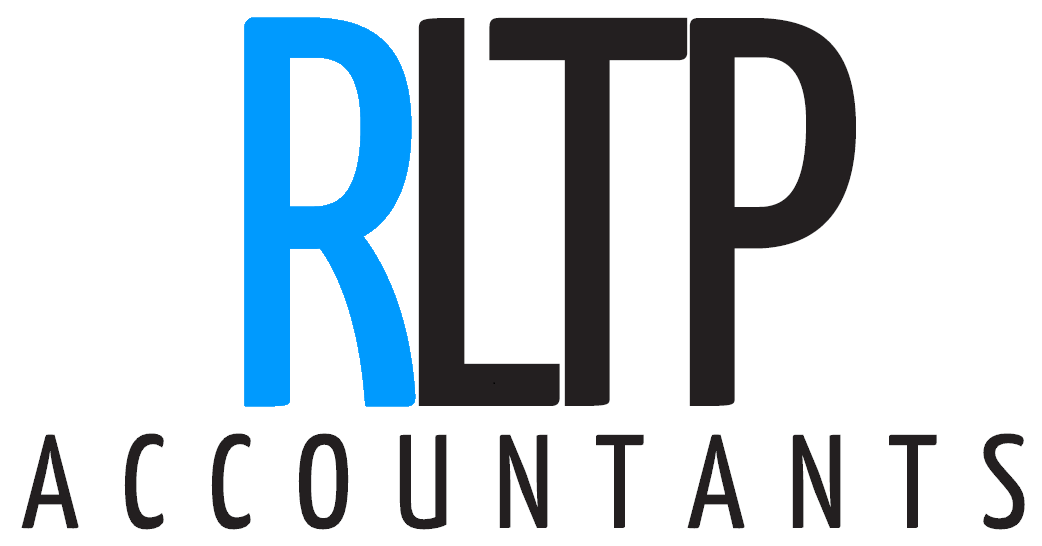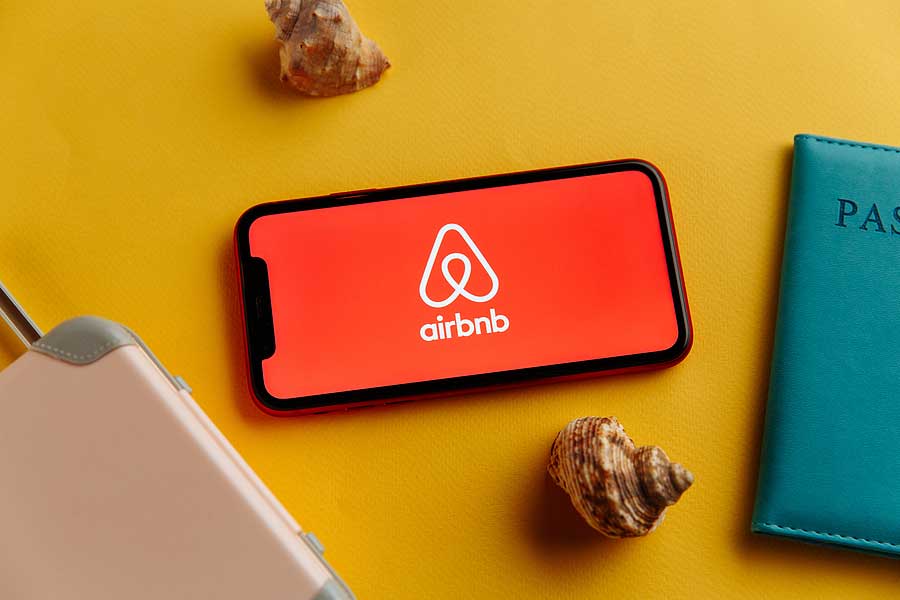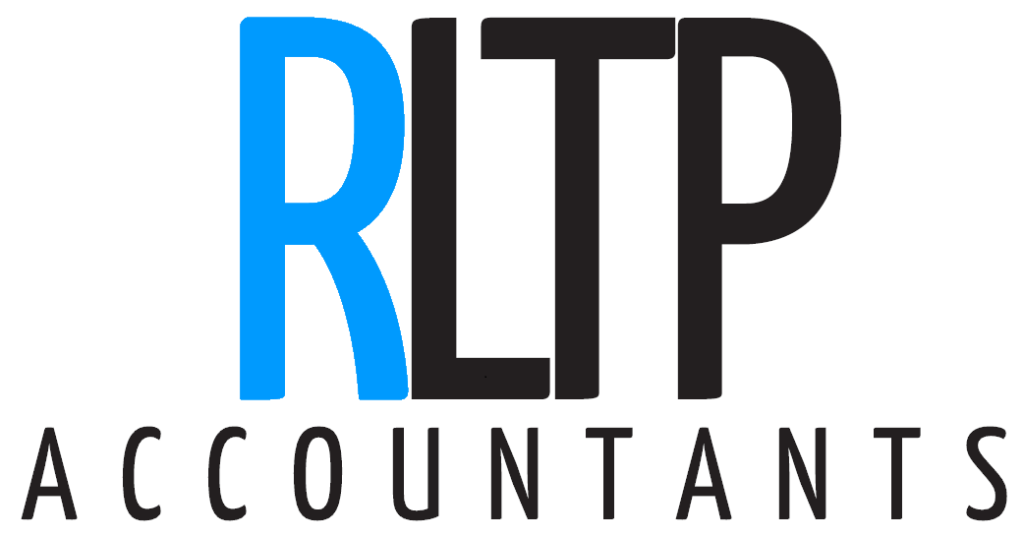Renting out your property as a holiday let can be extremely advantageous, financially. You’ll yield impressive returns, especially if it’s done successfully. So much so, there are an increasing number of people who are looking to Airbnb as a way to top up their income. However, there are some rules you need to follow when it comes to tax and the income you get from your Airbnb rental property. With this in mind, we’re on hand to present you with all the information you will need when it comes to tax and an Airbnb holiday let.
Can I rent out part or all of my Airbnb property?
If your property is mortgaged, then you’ll need to check with your lender about the terms and conditions of renting it out as a holiday let. This is essential whether you’re looking to rent out the entire property or part of it. This is because lenders can be very specific and strict about what they will and won’t allow.
If you break the terms and conditions of your mortgaged property, then the consequences could be harsh and very expensive. The best thing to do is to be completely open and honest with your lender about your plans as they might well consider the request on a case-by-case basis. If you’re looking to rent out your property as a short-term let, then you’ll be more likely to be granted approval. If you wish to rent it out for a long period of time, then you’ll likely be required to switch mortgages.
Bear in mind also that if you’re wanting to rent out the property yourself, or even if it belongs to the council or housing association, then subletting isn’t likely, if at all, to be permitted. Either way, you need to seek permission before renting out your property as a holiday let or even as a long-term rental.
If I rent out my property on Airbnb, does that make me self-employed?
When a property is rented out, then the income you receive is classed as rental income. This is where people can get confused. An Airbnb host will make money as a small business or even as a sole trader, so it might well look like they’re self-employed, but this isn’t actually the case. As such, different tax rules will apply. But in short, renting out a rental property on Airbnb does not make you self-employed.
Do I have to pay tax on my Airbnb income?
You must declare the income you receive from any monetary source, including that which comes from Airbnb rentals. Once you notify HMRC about your income, you will then be required to pay tax on any amount that exceeds an individual’s Personal Allowance for that year.
Your Personal Allowance is the amount of income you’re allowed to earn in one tax year before paying tax on it. For the 2022/2023 tax year, the Personal Allowance amount is currently set at £12,570.
Your Airbnb earnings need to be added to the rest of your total, taxable, annual income and, therefore, everything will be taxed together. Although, you might have a different tax-free allowance that’s entirely separate from your main income – Rent-a-Room Relief.
Rent-a-Room Relief ensures income tax relief that’s received by letting out furnished properties. Introduced in 1992 as a way to encourage people to fill available space in their homes, Rent-a-Room relief is an easy way to keep more of the money you make in your bank account rather than giving it to the “Taxman”.
How do I pay tax on my Airbnb income?
In order to declare your Airbnb income, then you’ll need to register for a Self Assessment Tax Return. Once you get one, fill it out and submit it as soon as possible. There are pieces of software available that’ll help to ensure you stay on top of your income and expenditure throughout the year. This makes sure that everything you need is kept all in one place once Self Assessment time rolls around again.
Why do you need to declare your Airbnb income?
If you don’t declare your rental income, either as a landlord or an Airbnb host, then HMRC will have a very dim view of the matter when they finally catch up with you. If you owe tax, then there are a number of ways in which you can rectify the situation. HMRC can actually look back over the last twenty years, if required.
They’ll also have a full and complete record regarding the amount you have received through the Airbnb booking system, so you can’t hide anything from them, basically. If you don’t want to face exceptionally high tax repayments and/or, as a worst case scenario, a prison sentence, then make sure you declare everything to HMRC when it comes to Airbnb rental income, no matter how big or small the amount might be.
Is my property a ‘Furnished Holiday Let’?
You must know what a Furnished Holiday Let is, specifically, in order to answer this question and that includes understanding what it means in legal terms. For your Airbnb property to be a Furnished Holiday Let, your Airbnb must:
- Be situated in the UK or within the European Economic Area (EEA)
- Have enough furniture within the property that will be suitable and available for everyday use
- Be displayed clearly on the Airbnb website
- Be available to rent for a minimum of 210 days annually
- Be let out as a commercial rental property, available to the public, for at least 105 days of the year
Do Section 24 tax rules apply to Airbnb hosts as well as landlords in general?
Firstly, Section 24 refers to an update to UK tax laws surrounding the way in which tax is calculated for landlords. Essentially, the change means that landlords are no longer allowed to deduct mortgage interest from their rental income (and other costs, such as mortgage arrangement fees) before working out their tax liability. This now means that the amount which is subject to tax is reduced which, obviously, reduces the tax bill. So do the same Section 24 rules apply to Airbnb hosts as well?
There are numerous Airbnb hosts who are avoiding the Section 24 interest relief restriction, mainly because their properties are Furnished Holiday Lets. Section 24 rules are only enforced on properties that are not considered Furnished Holiday Lets. As such, higher rate taxpayers won’t be able to claim full relief on their mortgage interest. But despite this, a few people are actually finding it to make a lot of financial sense as it means an increased income without paying increased tax.
Trading Income Allowance & Airbnb rentals
There are tax-free allowances available for both property income and trading income. A trading income allowance allows an individual to earn up to £1,000 as a sole trader or from a property each and every tax year, all without having to declare it to the HMRC. If you have both types of income, then you’re allowed a £1,000 allowance for each one.
If you start earning over £1,000, then you’ll be able to deduct allowable expenses in order to reduce the amount of tax you owe. However, you cannot claim the Rent-a-Room Relief and the trading allowance simultaneously for the same income – it’s one or the other.
What about Capital Gains Tax for Airbnb hosts?
Airbnb is a great way for people to earn either a primary or secondary income. If your property is a Furnished Holiday Let and you don’t live there and have no plans to live there, you’ll be able to claim Capital Gains Tax Relief. This might include the following:
- A capital gains tax rate of 10% rather than 28% should the property be sold under the Business Asset Disposal Relief scheme. This was previously known as the Entrepreneurs Relief scheme
- Access to capital allowances for fixtures, fitting and furniture in and around the property
- Use the Gift Hold-Over Relief scheme in a bid to avoid paying Capital Gains Tax. This is where property owners give away or sell assets in their business for far less than they’re actually worth in order to help the buyer
- The option to defer Capital Gains Tax liability should you sell an Airbnb property and buy another using the Rollover Relief Scheme
Remember VAT
If you earn at least £85,000 from an Airbnb property, then you’ll need to register for and pay VAT. You’ll be able to decide whether or not to charge your guests an additional 20% to make up for the amount of VAT you have to pay or you could simply absorb the VAT yourself. Although, more often than not, the former option is far more popular with Airbnb hosts.
RLTP have a highly-experienced team of professional accountants with a wealth of knowledge to draw upon. We’re able to help small business owners with Airbnb rental properties to work out their financial responsibilities, including Self Assessments, bookkeeping and VAT and other accountancy services, on their behalf, allowing you to focus more on what you do best. For more information about how we can help you today, get in touch with a member of our fully-qualified team – we’re always happy to hear from you.


